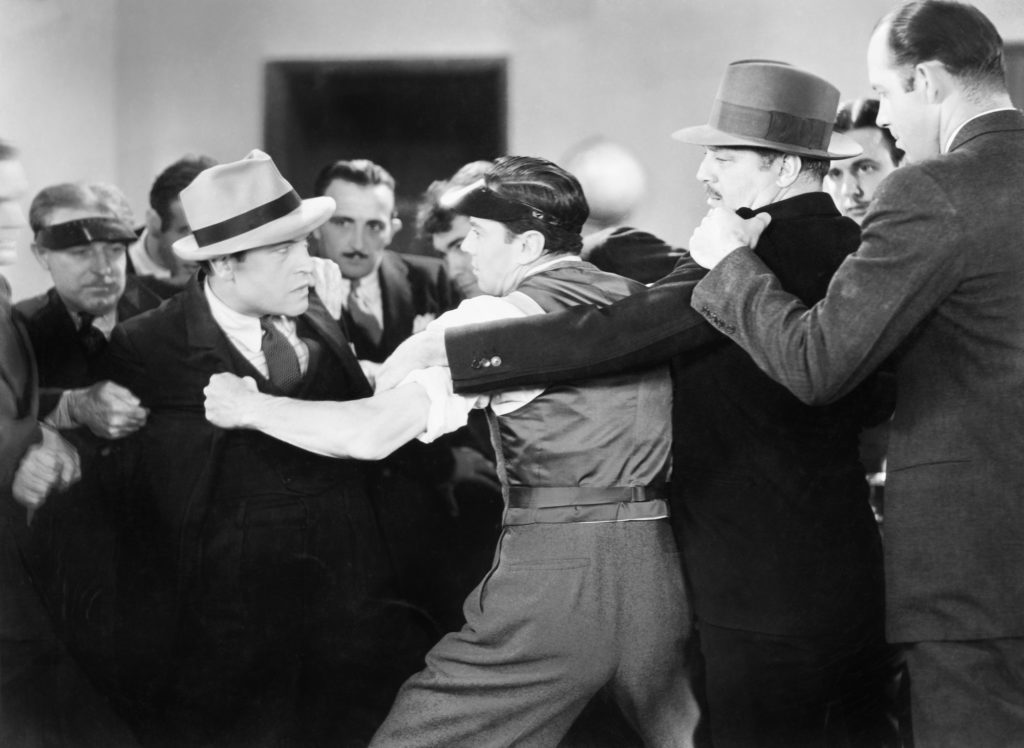While patent protection has been generally available for some time now, we’ve covered why patent protection has been largely limited for the cannabis industry (see this post). However, that isn’t going to stop patent infringement actions from reaching cannabis businesses, as can be seen from a recent case filed by a greenhouse builder.
The complaint
Houewling Intellectual Properties, Inc. (HIP) asserts its principal, Casey Houweling, invented a greenhouse “with a climate control system adjacent to the growing section of the greenhouse” which is protected by his utility patent. The patent allegedly is used by HIP to develop, build, and operate greenhouses in California, Utah, and Vancouver (Canada), and the patent is also licensed out to other greenhouse builders.
Importantly, the Complaint asserts the patent has been challenged in the past, but the USPTO Patent Trial and Appeal Board maintained all but one claim of the patent were valid and enforceable.
The Complaint alleges Copperstate Farms LLC (CF), (which describes itself as being “one of the largest greenhouse cannabis producers in North America” on its website) owns and operates a greenhouse in Arizona which infringes on HIP’s patent. Specifically, CF uses a greenhouse that has five of the same components encompassed by HIP’s utility patent.
HIP sent a letter to CF in March 2022 requesting that CF conduct an investigation as to whether its greenhouses were infringing on HIP’s patent. CF didn’t respond.
So, what is a utility patent?
A utility patent covers “any new and useful process, machine, manufacture, or composition of matter, or any new and useful improvement thereof.” 35 U.S.C. § 101. The USPTO describes utility patents as:
“Issued for the invention of a new and useful process, machine, manufacture, or composition of matter, or a new and useful improvement thereof, it generally permits its owner to exclude others from making, using, or selling the invention for a period of up to twenty years from the date of patent application filing ++, subject to the payment of maintenance fees.”
Utility patents are historically the most common type of patent granted – in or around 2016, the USPTO estimated that up to 90% of issued patents were utility patents.
This case is going to involve a pretty intense factual inquiry into whether CF’s greenhouse does actually infringe on HIP’s patent.
Cannabis industry patent litigation will increase
While these types of issues were somewhat rare for the cannabis industry for a while, we anticipate seeing more and more of these types of claims as players grow and become more sophisticated – not only between cannabis and non-cannabis players, but also between cannabis players themselves. We’ll be monitoring this case to see how CF responds, and what kind of example it will be for the industry at large.
























